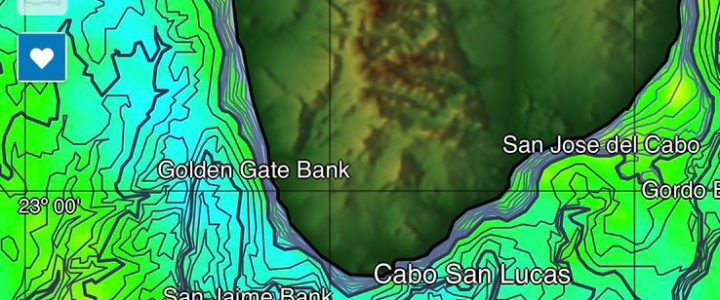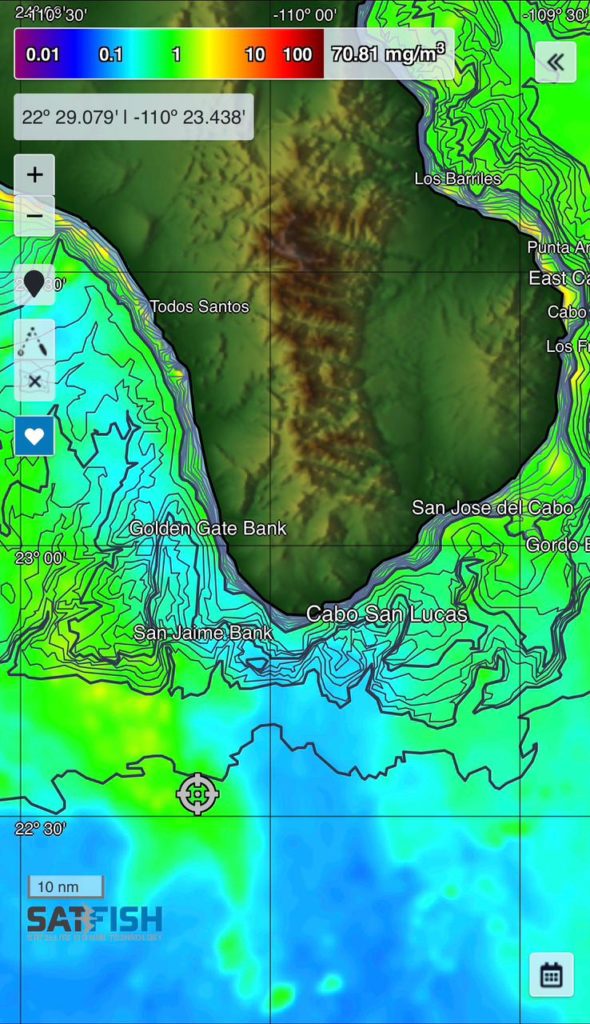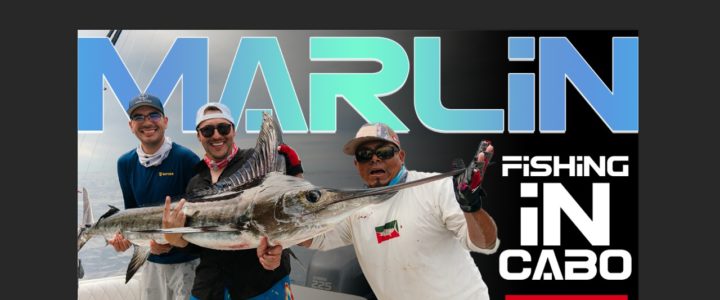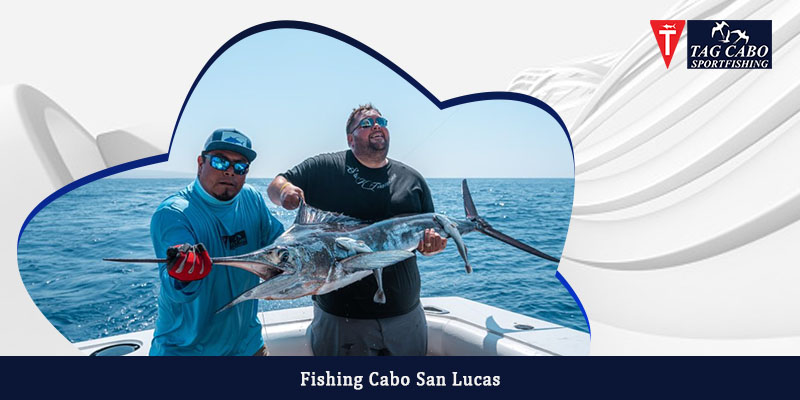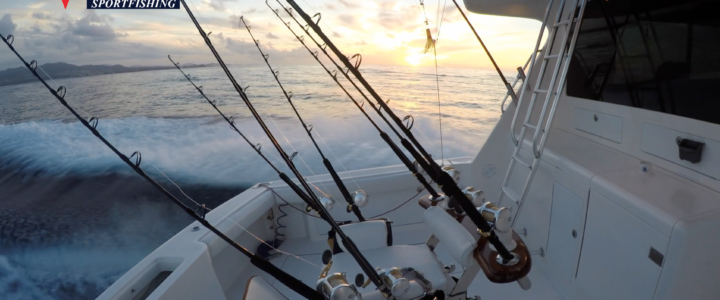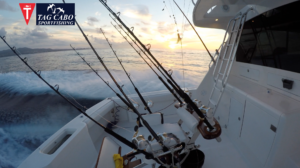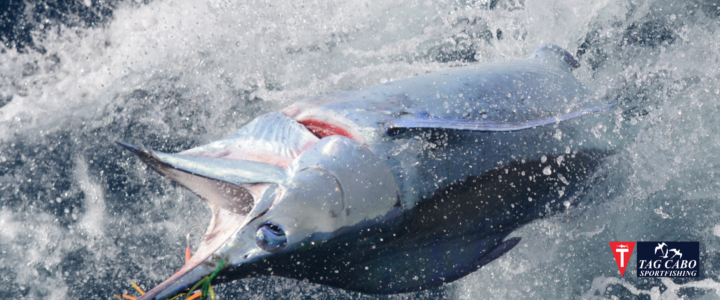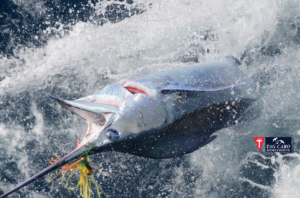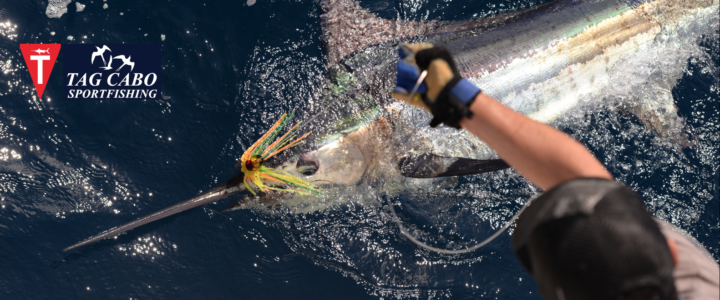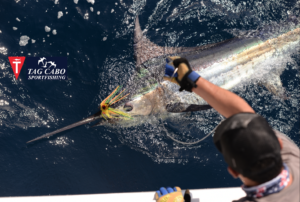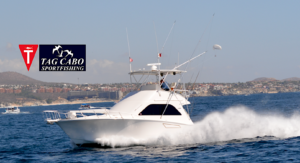The right way to read the chlorophyll charts
Chlorophyll charts such as SATFISH provide valuable information for anglers looking to find areas of the water that have higher concentrations of food sources, such as plankton or baitfish, which can in turn attract larger predator fish. Reading chlorophyll charts can be a bit challenging for those who are unfamiliar with them, but with a bit of practice, it’s possible to learn how to interpret these charts effectively. Here are some tips on how to read chlorophyll charts:
GET $20 USD DISCOUNT ON YOUR NEW SUBSCRIPTION PROMO CODE TAGCABO SatFish
- Understand the color scale: The colors on Satfish’s chloro charts show how much chlorophyll is in the water. Red colors on the chart mean lots of chlorophyll, and blue and purple colors mean very little chlorophyll is present. Chlorophyll is measured on a logarithmic scale, but just remember that more chlorophyll (yellow, orange, and red colors on the chart) means more plankton and therefore greener water.
- Identify areas with high chlorophyll concentrations: Look for areas on the chart that have darker red colors or patterns. These areas are likely to have higher concentrations of plankton or baitfish, which can attract larger predator fish like tuna or marlin.
- Look for patterns: Pay attention to any patterns that may be present on the chlorophyll chart. For example, if there is a line or curve of higher chlorophyll concentrations, this could indicate an underwater feature such as a drop-off or reef that may attract fish.
- Consider other environmental factors: While chlorophyll levels can be a good indicator of where fish may be located, it’s important to consider other environmental factors that can affect fish behavior. Factors such as water temperature, ocean currents, and water clarity can all play a role in where fish are located, so be sure to take these factors into account when planning a fishing trip.
- Get current and up-to-date charts: Chlorophyll levels can change rapidly, so be sure to get current and up-to-date charts before heading out on a fishing trip. There are many online resources that provide up-to-date chlorophyll charts for various locations, so be sure to take advantage of these resources.
In conclusion, reading chlorophyll charts can be a valuable tool for anglers looking to find areas of the water that may attract larger predator fish. By understanding the color scale, identifying areas with high chlorophyll concentrations, and considering other environmental factors, anglers can increase their chances of success and enjoy a more productive fishing trip.
By understanding the conditions of the environment you’ll be fishing in, you can target the right species, adjust your tactics and strategies, and increase your chances of success. So, the next time you’re planning a fishing trip, be sure to take a few minutes to check the water temperatures and chlorophyll charts – it could make all the difference!
If you’re looking for an unforgettable fishing experience in Cabo San Lucas, look no further than TAG Cabo Sportfishing. With our experienced captains and top-of-the-line equipment, we’ll help you make the most of your fishing trip and increase your chances of landing that trophy fish. And with our knowledge of the latest chlorophyll charts, we can take you to the areas of the water that are likely to hold the biggest and most active fish. So if you’re ready to experience the thrill of big game fishing in Cabo San Lucas, give us a call and book your trip today! tagsportfishing@gmail.com

